OUR MISSION
to provide pathways to end youth homelessness
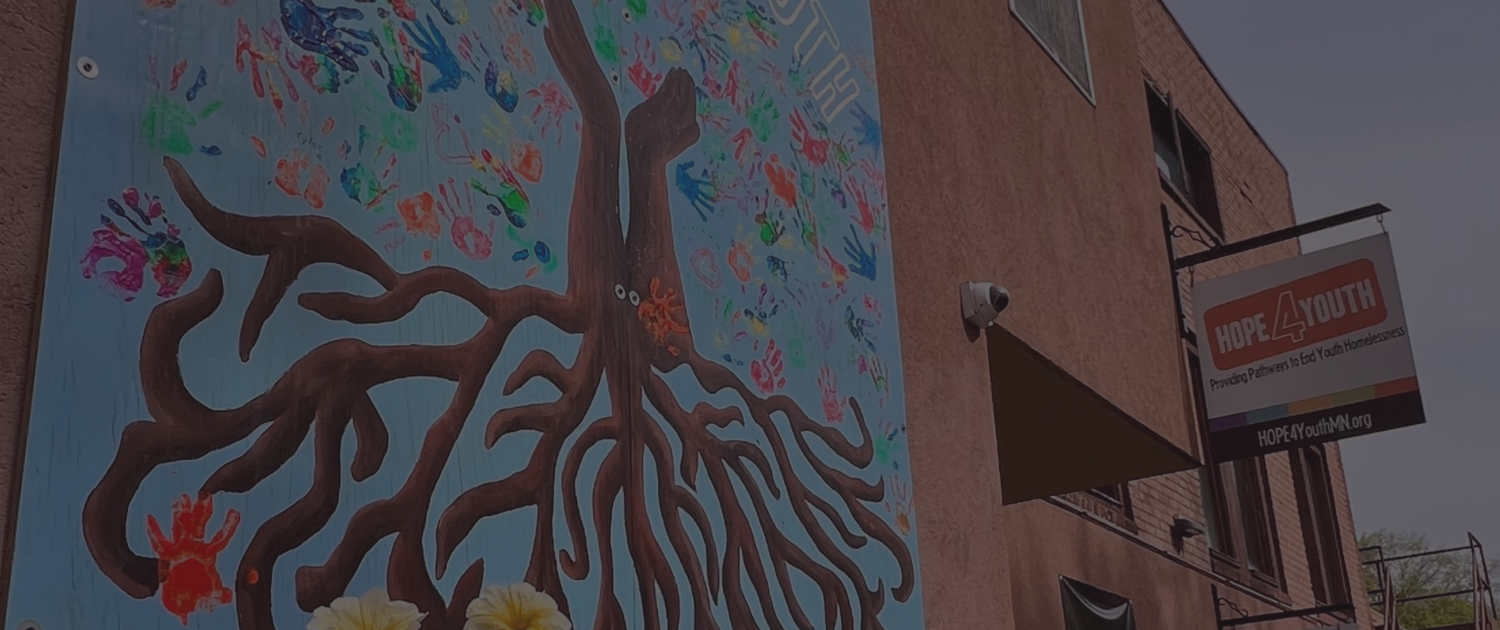
OUR VISION
All youth will feel safe, valued, and supported while reaching their full potential. This begins with meeting their basic needs and leads to giving them the tools to thrive.

Are you facing homelessness?
Get Help NowWe can help with food, hygiene supplies and other support to get you on a path to stable housing.



Donate supplies by shopping online
If you’re a Target or Amazon shopper, you can order items from our online wish lists and have them shipped directly to us.
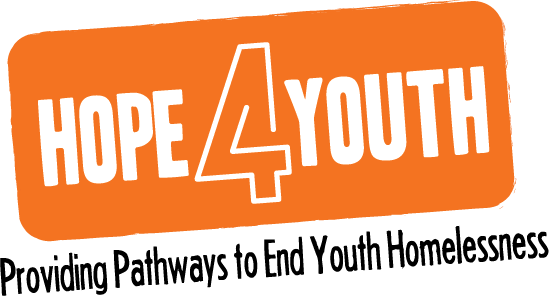
HOPE 4 Youth
2665 4th Avenue North | Suite 40
Anoka, MN 55303 (map)
- Mon./Tue./Thurs. 11:00 am – 7:00 pm
- Wednesday: 1:00 – 7:00 pm
- Friday: 11:00 am – 5:00 pm
Donations Center: Appointments available: Wednesdays from 9 am – 12 pm, the second Saturday of the month from 9 am – 12 pm, and additional times during the week. To schedule an appointment contact Mari Dahlke at mdahlke@hope4youthmn.org or call 763.323.2066 ext. 118.
Mailing Address
10250 Foley Blvd NW #48010
Coon Rapids, MN 55448
Contact Us
Email: info@hope4youthmn.org
Call: 763.323.2066

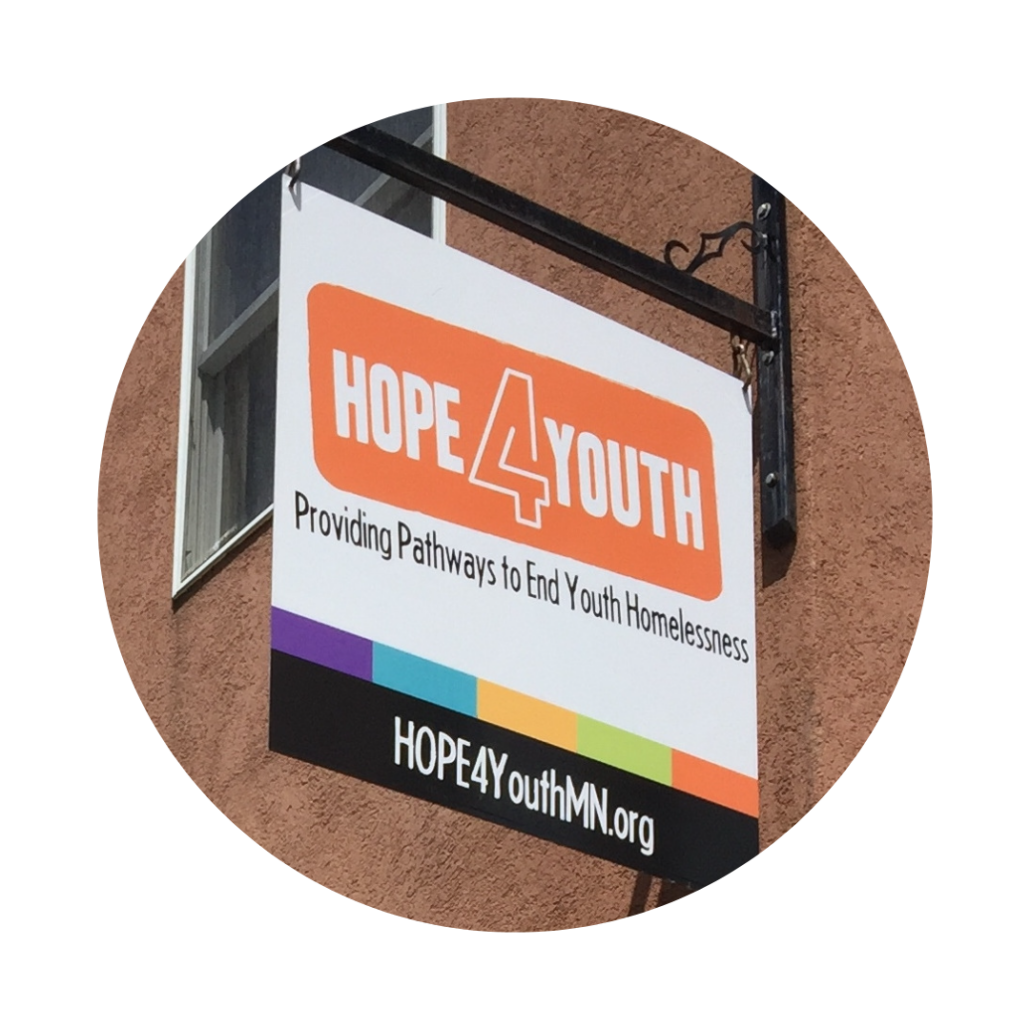

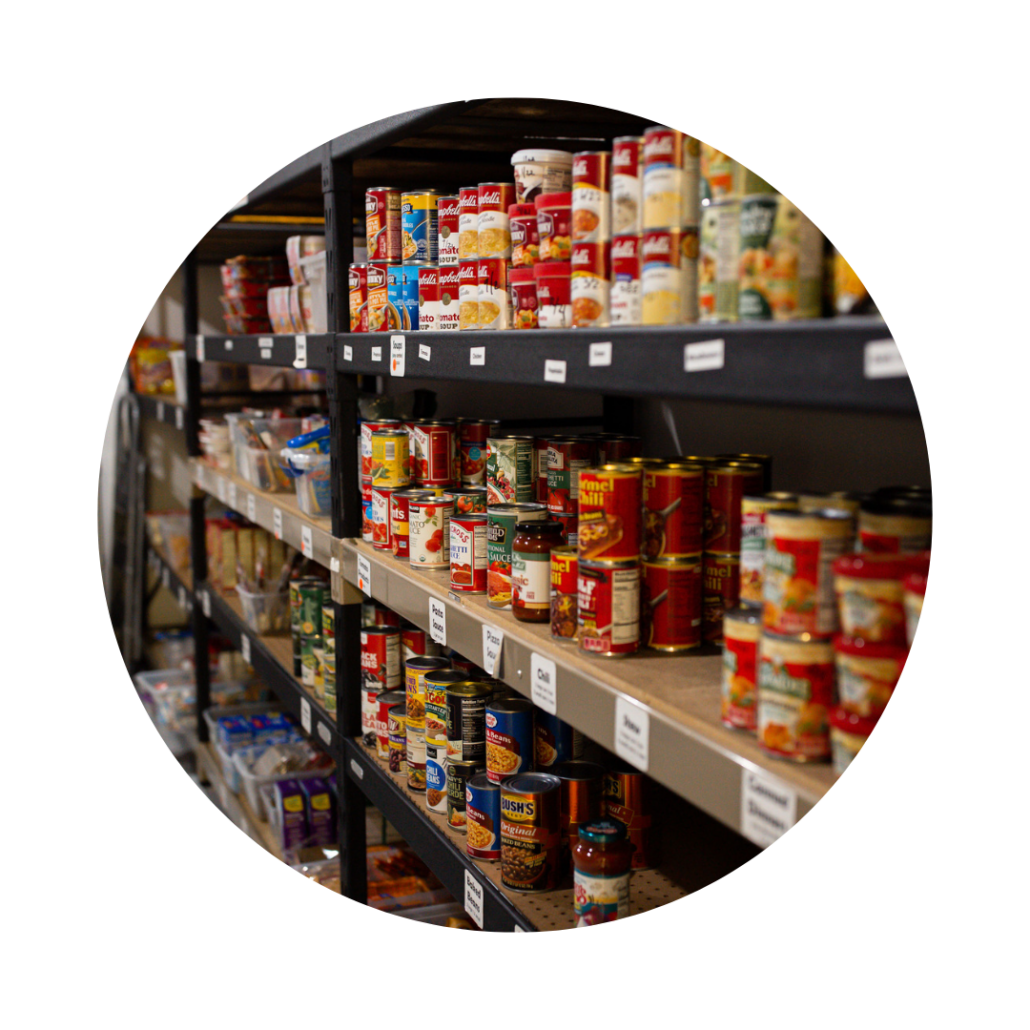
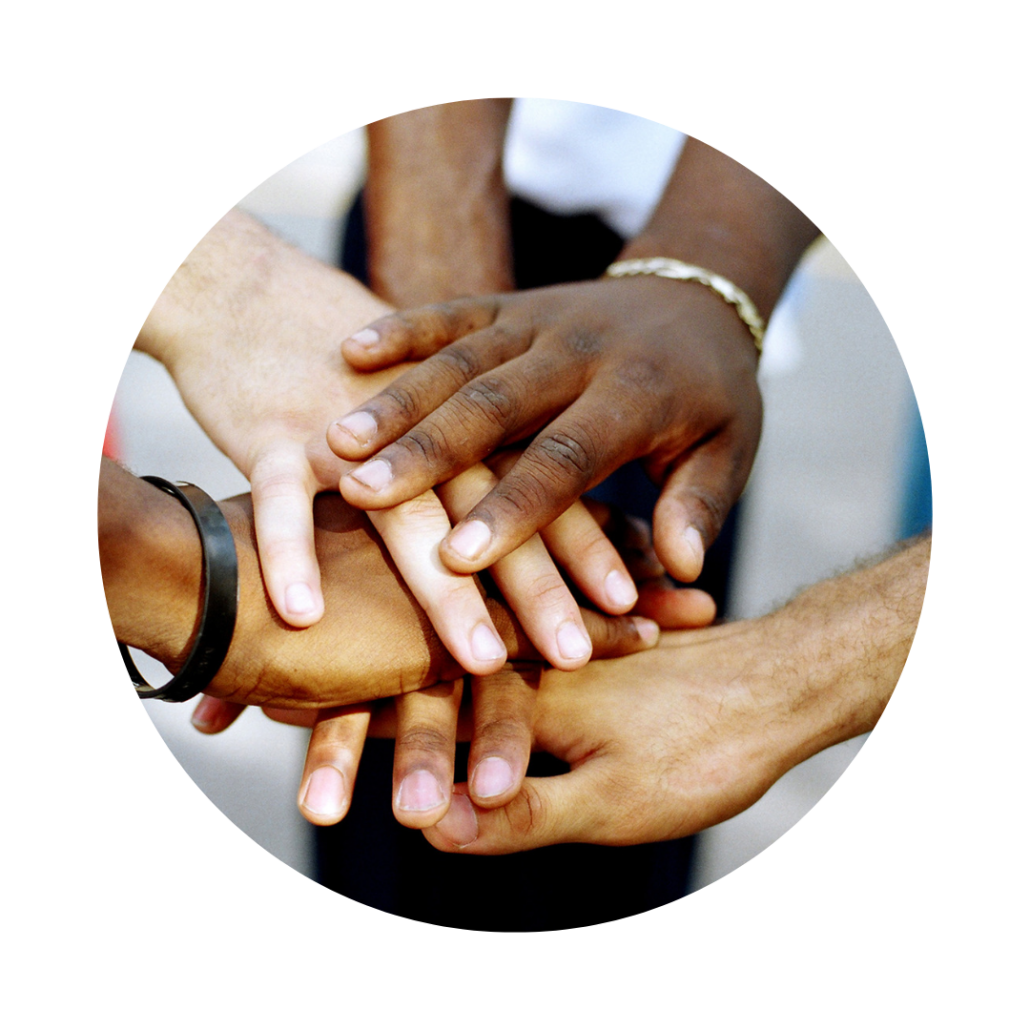

Amara’s Story